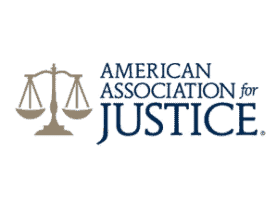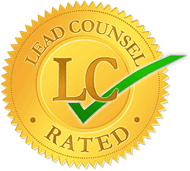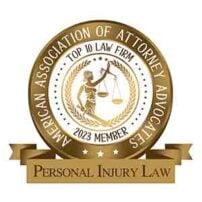Slip and fall accidents are a common occurrence in bustling cities like New York. Icy sidewalks, uneven floors, and wet surfaces can all lead to serious injuries. But if you believe were partially responsible for your own slip and fall, you may wonder if you can still file a personal injury claim. This is a common concern for many people, and it’s important to understand your rights under New York law. Read this blog and reach out to a seasoned New York City slip and fall lawyer from the Law Office of Richard M. Kenny to learn more. Here are some of the questions you may have:
Can I Still File a Slip & Fall Accident Claim if I’m Partially Responsible?
New York operates under a legal principle called “comparative negligence,” which plays a critical role in personal injury cases. Comparative negligence means that, even if you were partially at fault for the accident, you can still recover damages—though your compensation may be reduced by the percentage of your own fault.
For example, let’s say you were walking through a store, and you tripped on a wet floor. Maybe you were also looking at your phone at the time. The court might decide that you are 30% responsible for the accident. In this case, if the total compensation is determined to be $10,000, you would receive $7,000, as your damages would be reduced by your 30% share of the fault.
This system encourages fairness in the legal process, allowing injured parties to recover damages even when they are partially to blame. However, understanding how much fault is assigned to each party can be a complex process, which is why having a knowledgeable personal injury attorney on your side is crucial.
How is Liability Determined in a Slip & Fall Case?
In any slip and fall claim, determining liability is essential. The injured party must prove that the property owner was negligent in maintaining a safe environment. New York law requires property owners to take reasonable steps to ensure their premises are safe. This could involve clearing snow from sidewalks, fixing broken steps, or placing warning signs near hazards.
When assessing a claim, the court will consider factors such as:
- The property owner’s duty of care: Did they take reasonable precautions to prevent accidents?
- Your actions leading up to the fall: Were you distracted or engaging in risky behavior at the time?
- The severity of the hazard: Was the danger obvious or easily avoidable?
These elements all play a role in determining how much compensation, if any, you are entitled to. While proving negligence on the property owner’s part is critical, your behavior will also be scrutinized to assess your contribution to the accident.
CONTACT OUR EXPERIENCED NEW YORK CITY FIRM
Our entire legal team is dedicated to providing the advice you need and the personalized attention you deserve. If you have been injured due to another party’s negligence, call (212) 421-0300 or fill out our contact form to schedule a free consultation with a New York City personal injury lawyer. You may be entitled to financial compensation, which can help you on your road to recovery.











